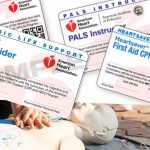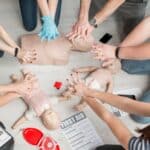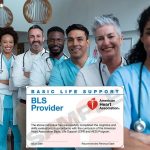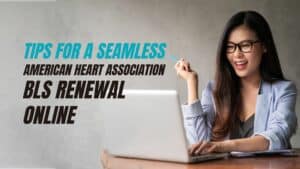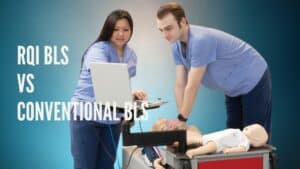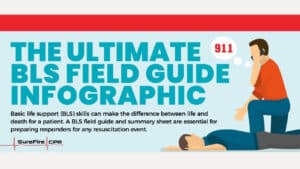The Importance of BLS Certification
If you’re a new or seasoned healthcare professional you will still need to obtain BLS certification and renew it every two years. BLS training is a requirement for all medical professionals and medical professional assistants in the healthcare field.
Why is it necessary for a certification renewal, even after initial accreditation?
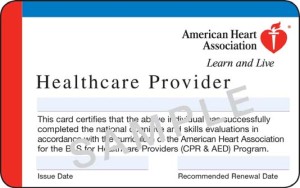
Even if you’ve been through the Basic Life Support certification class before, it’s still essential that you participate in a class again as soon as your current certification expires. You won’t have to retake the initial class, but you will have to take a license renewal class, or a BLS online skills-check class. Each class is between 3-4 hours long and can be found among many AHA accredited sites, such as SureFire CPR. Once you are a student of SureFire CPR, you will be able to receive discounts on future classes.
The reason for certification renewal and skill classes is one that is to secure not just your knowledge but the safety of your patients. Every year the American Heart Association evaluates its methods and procedures and makes changes to their methods. This means that previously taught ideas could undergo mild to moderate variations.
As a healthcare professional it’s your duty to make sure you are constantly educating yourself about the proper means and administration of healthcare, so that you are administering care with the utmost knowledge and efficiency of care.
An example of how methods differ in the medical community and why this might be a good reason to educate yourself on the proper methods to healthcare is the rate and depth of chest compressions. As new studies are released about the efficiency of CPR compressions the ratios of compressions to breaths change. It is extremely important to stay current on the latest guidelines from the AHA to make sure you are taking care of your patients to the best of your ability.
In order to make sure you are operating underneath the American Heart Association’s current and trusted guidelines, work to keep your BLS certification current to modern healthcare regulations, guidelines, and important trends.
What is Hands Only CPR?
One current method that the AHA is trying to educate more members of the medical community and society about CPR, is how and when to administer hands-only CPR. AHA teaches that hands-only CPR works best in public settings on victims who are not children or people who have drowned. This method works without mouth-to-mouth resuscitation, but is believed to be just as effective. In fact, this method might be preferred if it’s in an outdoor area especially as it allows the person to obtain oxygen quicker than mouth-to-mouth breathing could provide.
In a BLS class you will be taught or refresh skills on how to administer CPR to adults, children and infants. You will learn how to provide CPR on conscious and unconscious individuals. Proper use and means of administering an AED is also covered. Another part of the class will also instruct and teach how to administer team resuscitation within the lifesaving process.
Take pare in an onsite BLS class or an online BLS class with a skill session. Whatever fits your busy schedule!

